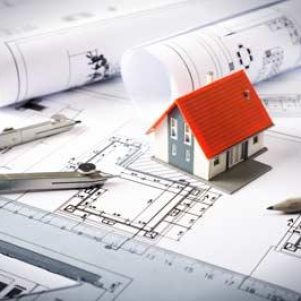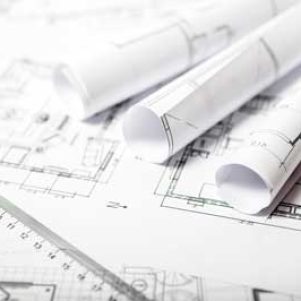The construction developer, definition
Until the entry into force of the Ley de Ordenación de la Edificación (LOE), the figure of the construction developer did not have a uniform definition in Spanish law. Prior to the LOE, there was no concept of developer that had a general application, but rather different meanings in sectorial rules applicable to specific cases.
For this reason, the Supreme Court has established, throughout various judgments, the characteristics that would end up defining the promoter. As a result, in one sentence he was defined as the person who centres all construction activity (…) due to his functions of ideation, planning, coordination, organisation and financing. (…) their activity is becoming more and more professional. In another judgement as any “natural or legal person who, organized entrepreneurially, develops an activity aimed at promoting the construction of buildings with the aim of obtaining an economic benefit“.
It follows from the foregoing that it is not necessary that the construction developer is necessarily the owner of the land on which it is to be built. It is enough that he has sufficient faculties on the property to carry out the building activity.
In an attempt to encompass the various activities and promoter entities imaginable, the legislator has included in Article 9.1 of the LOE a broad concept of the construction developer by defining it as whatever person, physical or legal, public or private, who individually or collectively, decides, promotes, programs and finances, with their own resources, or those of others, the building works for himself or for the property’s subsequent sale, delivery or assignment to third parties under any title.
Under the foregoing, the promoter is recognized as the person who:
- He or she has a decision-making role in the building process, since he or she decides, promotes, programmes and finances, with his or her own resources or those of others, the building works
- Whose building works are for himself or for subsequent disposal, delivery or transfer to third parties under any title.
For this reason, the person who, no matter how much profit is made from the building, does not make decisions related to the constructive work (such as, for example, the bank that only finances the building) does not have the condition of promoter.
Duties of the Construction Developer
The LOE also establishes in its Art. 9.2 the obligations that fall on the construction developer and that are:
- Hold over the site the ownership of a right that empowers him to build on it
- To provide the documentation and prior information necessary for the drafting of the project, as well as authorise the project manager to make subsequent modifications to it
- Manage and obtain the required licenses and administrative authorizations, as well as signing the minutes of receipt of the work
- To subscribe the insurances foreseen in article 19
- To deliver to the purchaser, where appropriate, the documentation of the work executed, or any other document required by the competent Administrations.
Responsibilities of the Construction Developer
In relation to the civil liability regime in building matters, the question often arises as to the scope of liability of the construction developer. The construction developer is not directly involved in the building, but only has a decision-making factor. However, his decision-making intervention in the building process as a professional in the real estate market, as well as the confidence reasonably generated in the purchasers on the suitability of a building are two criteria that allow its imputation.
The LOE establishes in its articles 17 to 19 that the civil liability of the different agents for material damage to the building will be required on a personal and individual basis, both for their own acts and for acts of other agents for which, according to the Law, they must be held accountable.
However, according to art. 17.3 LOE, the promoter will not be liable to the extent that it is not possible to identify the cause of the defects, defects or the share of liability attributable to each partner in the damage.
Laura Coursimault & Felipe Pfeiffer & Nicolás Melchior
For further information regarding the Construction Developer’s Responsibilities in Spain,





